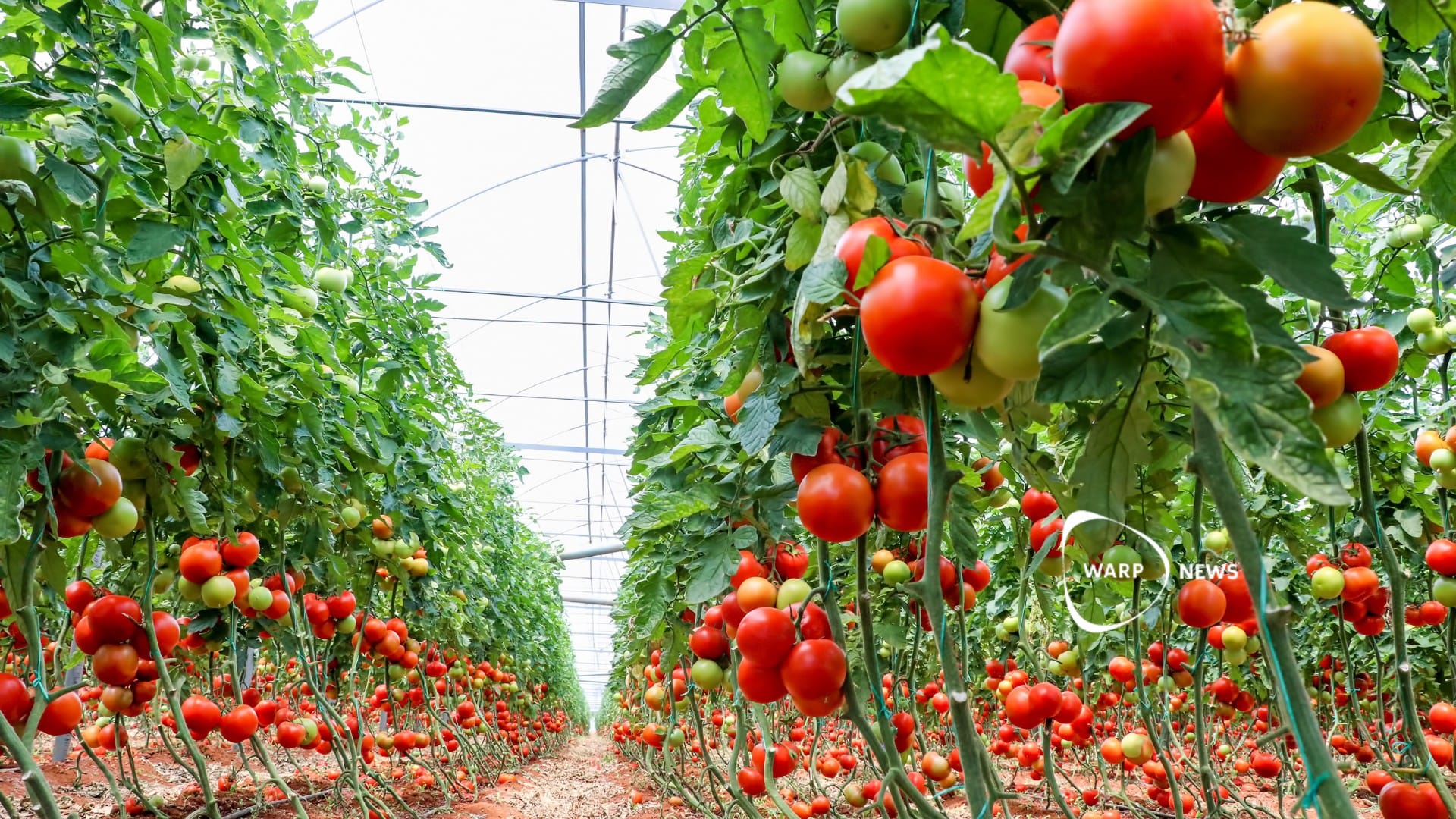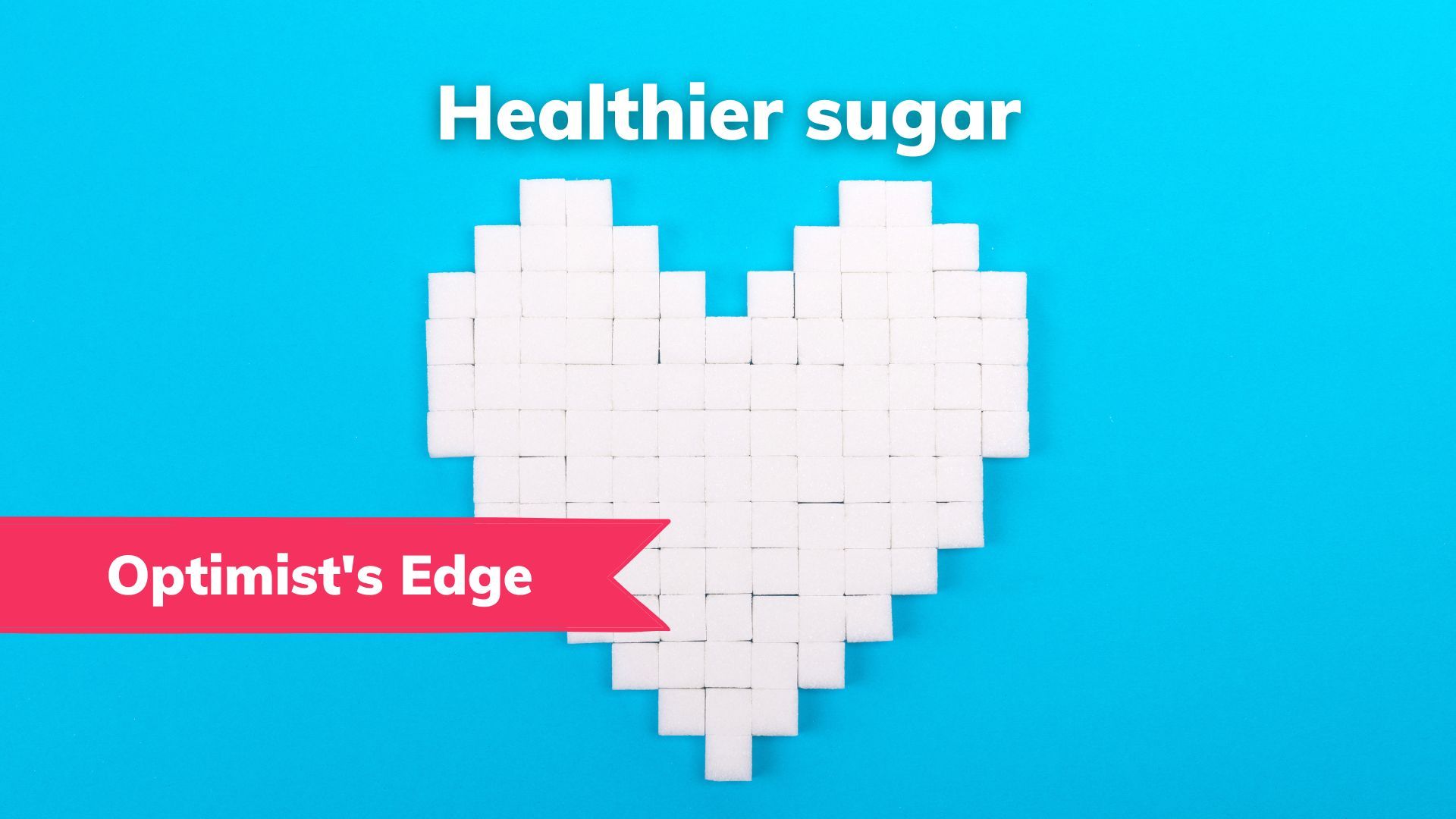
💡 Optimist's Edge: Sweeter future with less sugar
New, healthier sugar means that we can continue to enjoy the excellent taste, without deteriorating our health.
Share this story!
📉 What people think
Do nothing about sugar, says 59 percent of the respondents in the Warp News survey. In second place, with 30 percent, are those who think we should voluntarily eat less sugar. Seven percent want to develop healthier sugar, three percent want to ban it, and just under one percent want a higher price for sugar.
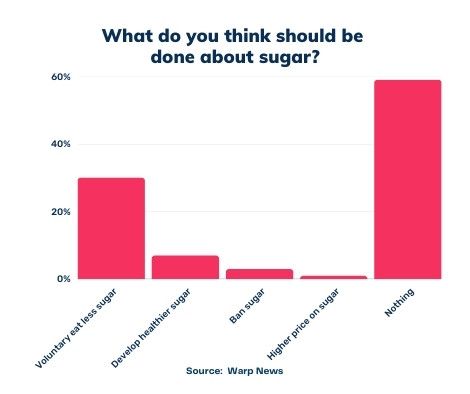
📈 Here are the facts
- Sugar is a fantastic ingredient that has given us both much-needed energy and unrestrained luxury. When the struggle for resources was especially fierce, there were, of course, natural reasons why unrestrained gluttony was in order.
- But today the need is not the same, while many of our food products allude to the same triggering mechanisms. Sugar has crept into most of what we eat.
- Obesity, diabetes, and cardiovascular diseases are unfortunately common consequences of our unsustainable diet today. A high intake of sugar is a common cause of this. But one should also not forget dental problems, which eat up ever larger shares of many nations' healthcare budgets.
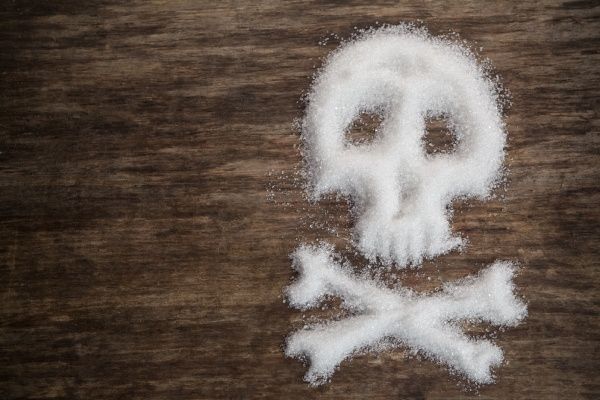
- In Sweden, the Swedish Food Agency and the food industry have received a government assignment to review how to reduce both sugar and salt in our food. The final report on the work will take place in 2024.
- From a global perspective, there are more and more examples of regulations and initiatives to slow down sugar intake. Sugar taxes, stricter rules for procurement and marketing, and clearer labeling are some of the tools.
- Since 1989, the WHO has worked according to the recommendation that sugar should make up less than 10 percent of the daily nutritional intake. In 2015, the wording was further tweaked when 5 percent became the new guideline.
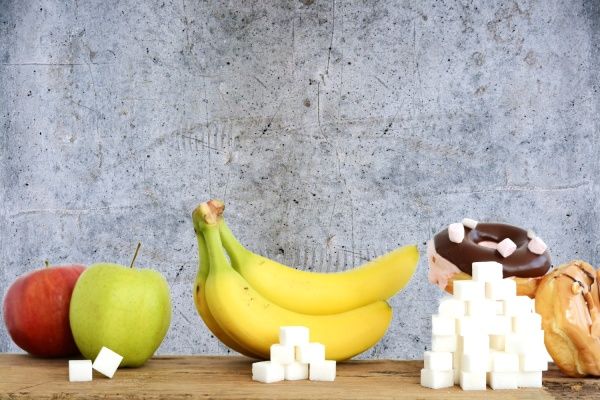
Sweeter – and healthier?
- We are all familiar with several types of sweeteners, but many consumers find it difficult to deal with the aftertaste that occurs. At the same time, sugar is an important ingredient in many products to create the right texture, consistency, and durability. Today several exciting startup companies work on reducing the sugar content in food while maintaining the sweet taste.
- Bonumose from the USA, for example, focuses on a "good-for-you sugar" called tagatose, which is extracted from whey. It reportedly has 38% of the calories of regular sugar, while tasting 92% as sweet.
- The Israeli company DouxMatok has developed its brand Incredo Sugar, which transforms the sugar molecules to simply have more taste. The result is that you can maintain the sweet taste while reducing the amount of sugar by 30-50 percent.
- From Israel also comes Amai Proteins, which produce a sugar substitute in the form of protein. According to their own statement, their Designer Sweet Protein is 4,000 times sweeter than regular sugar, which means that one teaspoon is equivalent to 16 kilograms of sugar. And it requires 98% less environmental and climate impact.
- American BioLumen has developed a cellulose-based fiber that expands greatly in the stomach by absorbing sugar and fat so that it does not reach the bloodstream.
- British Inolux is also developing a solution that causes sugar to break down faster in the body after the meal. The company was born out of life sciences at the University of Oxford.
- Supplant creates sugar from ground-down plant fibers that are, among other things, obtained from side streams. The result has a low GI, few calories, and contributes a probiotic effect.
💡 Optimist's Edge
- Sugar alternatives are predicted to have a strong development in the coming years. Future Market Insights estimates that the market will grow from $18.3 billion today to $28.55 billion by 2032.
- Consumers are increasingly demanding clean label, i.e. real ingredients rather than artificial additives.
- These new solutions can be an excellent way for food producers, grocery stores, restaurants, and public businesses to contribute to increased social sustainability and better public health.
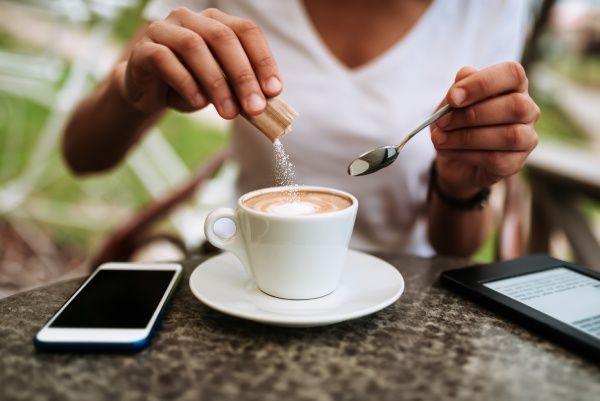
👇 This is how you get the Optimist's Edge
- From an individual health perspective, it is gratifying to see new sweetener alternatives emerging, not least if you have a penchant for the deliciously gooey in life.
- If you work in food production, these new ingredients can mean an opportunity to significantly lower the sugar content in food and drink. But it can also create challenges if the recipes need to be weighted in new ways when an ingredient becomes stronger and takes up less volume.
- It is also valuable for both restaurants and public businesses to keep track of developments. It is likely that sugar will be regulated even more tightly in legislation and procurement requirements in the future.
By becoming a premium supporter, you help in the creation and sharing of fact-based optimistic news all over the world.
